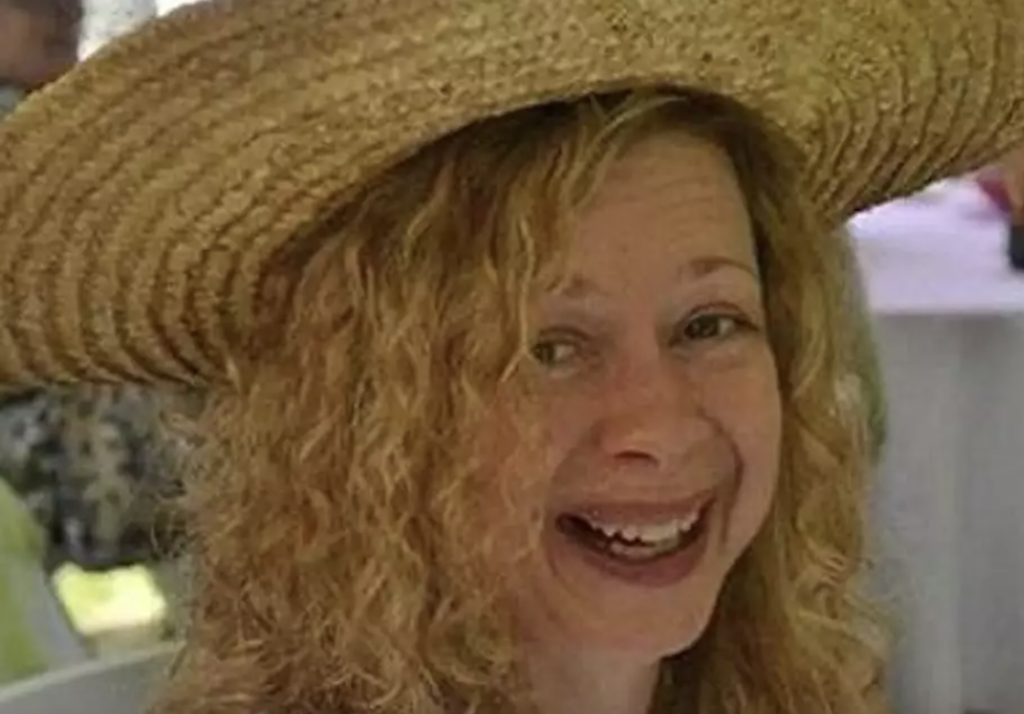As is typical of “crisis management” by elected officials, the Connecticut legislature responded to the Sandy Hook tragedy without full knowledge of the facts of the incident with ill-advised mental health recommendations that do nothing to protect consumer rights.
In April of last year, the Task Force to Study the Provision of Behavioral Health Services for Young Adults, established pursuant to Public Act 13-3, put forth yet-to-be-approved mental health recommendations that, for all intents and purposes, would institute cradle to grave mental health diagnosing, yet provided no avenue for consumer input.
In other words, the public may be subjected to extremely intrusive mental health services, but will have no way to voice opposition to possible inaccuracies and wrongs committed by the service providers.
For example, the Task Force writes on page xi, number 45, that “…given the current understanding of mental illness to be a biological disease.” This is just wrong. The fact is there is no scientific/medical data to support this statement for any psychiatric diagnosis, including ADHD, depression, schizophrenia, or the alleged bi-polar disorder. Believing in, and having proof of, a psychiatric “disease” is two very different things.
However, regardless of the misinformation provided by the Task Force about what is and isn’t a mental “disease,” the recommendations, if instituted, do not provide consumers the ability to hold service providers responsible. What transpired between Nancy Lanza and the Yale Child Study Center actually is a good case in point.
Recall that Nancy Lanza sought treatment services for Adam Lanza at the Yale Child Study Center beginning in October 2006 – six years prior to the shooting incident. As part of the “treatment” provided, Adam was diagnosed by Yale as suffering from a “profound Autism Spectrum Disorder” and “obsessive compulsive disorder” and then was “treated” with the mind-altering antidepressant, Celexa.
Nancy Lanza “immediately” called the service provider at Yale Child Study Center, complaining about what she believed to be serious adverse reactions to the psychiatric drug. Specifically, Nancy Lanza advised Yale that Adam was “unable to raise his arm” and attributed this adverse reaction to the drug Adam had been prescribed.
Rather than take Lanza seriously and consider that the drug may be implicated in the adverse drug event, the Yale clinician “attempted to convince Nancy Lanza that the medication was not causing any purported symptoms which Adam might be experiencing” and labeled Lanza as “non-compliant.”
Was Nancy Lanza provided information about the Food and Drug Administration’s (FDA) MedWatch System? No. Had Lanza been provided this basic adverse drug reporting information, at a minimum, the FDA would have been given important information in the event of a future drug review.
Additionally, was Lanza advised by Yale Child Study Center that she could file a complaint with the Connecticut Department of Public Health (DPH)? The record makes no mention of providing any such information.
And, to add insult to injury, there is the case of Dr. Paul Fox, Adam Lanza’s longtime psychiatrist who, ironically, six months prior to the shooting incident at Sandy Hook, voluntarily surrendered his license to practice in New York and Connecticut and destroyed his patient records prior to fleeing the U.S. to live in New Zealand.
Despite destroying all of his patient medical records and, in the case of Adam Lanza, Fox destroyed those records almost two years too early, there is absolutely no recourse. A clear violation of Connecticut State law, but no action is prescribed to deal with such flagrant violations. No fines, no penalty, nothing.
Dr. Paul Fox and even the clinicians at Yale Child Study Center are proof that consumers need an avenue of relief. AbleChild believes that lawmakers have a responsibility to provide some level of protection to consumers, especially in light of the overwhelming number of mental health recommendations being considered.
Particularly important is the recommendation listed on page xi, number 44, where it is the intent to scale up “Assertive Treatment Programs that provide aggressive outpatient services, shy of forced medication…”
Clearly the intent of the Task Force recommendations is to severely ramp up mental health “treatment,” which almost always includes psychiatric medication. Nowhere in these recommendations are suggestions for legislative measures that will provide consumers some avenue of relief, alternative treatment options, or information about reporting adverse reactions to prescribed drugs.
Ablechild takes exception to the increased mental health recommendations on a number of levels, including the fact that, given the numerous problems surrounding the mental health “care” Adam Lanza received, the State obviously cannot enforce the laws already on the books. Increasing mental health services without consumer protections in place certainly cannot be called responsible legislative action.


